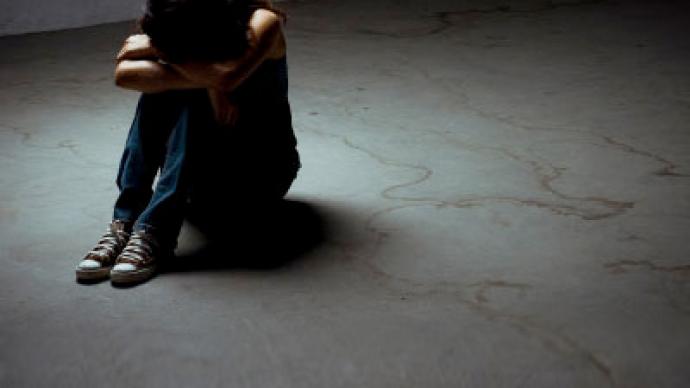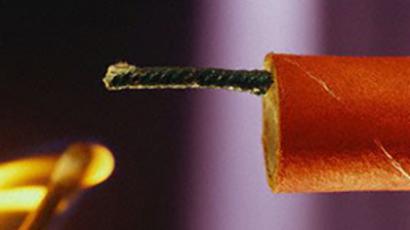Adult indifference fails children in need

Russia suffers one of the highest rates of teen suicide in the world. According to recent school polls, “ways to commit suicide” is one of the most popular internet searches among teenagers. Psychologists say parental indifference is often the cause.
Just days before final exams, a TV crew reported on students gearing up for the adult lives that lie ahead of them. The teachers pointed to Polina Belova, their brightest student who, it seemed, had her future figured out.“I want to be a journalist,” said Polina. “I think this profession will open the doors to the world for me.”But instead of a school-leaving celebration, Polina's classmates gathered for her funeral. Sensing she may not be the best, she ended everything by hanging herself.“We had been getting ready for the exam for weeks and Polina was the one who worked the hardest of all. She solved a whole load of math problems and she was very nervous. She wanted to graduate as an A-grade student,” recalls one of Polina’s classmates.For many countries, the stress of exams in late December and early June sees peaks in the number of children taking their own lives. But in Russia, it is a year-round problem. Roughly 1,500 children and teenagers kill themselves every year – that is much higher than the average seen in the United States and Britain.“The problem is so out of hand that when I was informing the president about it, he found it hard to believe,” says Pavel Astakhov, the country’s children's ombudsman. “But the figures are truly frightening. Every year up to 4,000 children make attempts on their lives.”Girls are up to four times more likely to attempt suicide, yet it is still boys who by a long way actually succeed in killing themselves.Igor Larov is different. He has tried to take his life three times, with the latest attempt being just six months ago.“I’d just had enough,” says Igor. “I was tired of fighting with my mum. My girlfriend left me. I was fed up with studying. I couldn't stand seeing the streets and hearing all this noise. I just wanted everything to end. And I wanted peace.”What is driving the problem in Russia is what experts call a low emotional literacy. Psychological or psychiatric help is underdeveloped and not easily available. Then there is the stigma.“Most suicides are attempted or committed in a state of emotional distress, which builds over time. There are warning signs. But even if parents notice them, many would rather ignore them than take their kid to a psychologist or psychiatrist,” says Boris Polozhy, psychologist. Added to that, there are continuing social and economic shifts, making it harder for parents to feed their children’s feelings, leaving little time to listen.There is a monument in the center of Moscow dedicated to children who have fallen victim to adult vices. Alcoholism, drug abuse, prostitution – any one of those can drive a child to take his or her own life. But in the center of these wicked-looking figures stands one that seems far less frightening, almost commonplace. Yet it represents what experts say is the main reason Russia is leading Europe in the number of teen suicides. And that is indifference: seeing no evil, hearing no cries for help.














